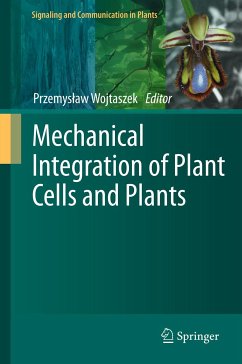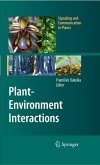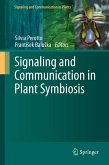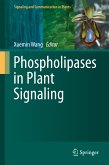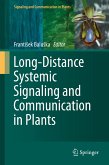This volume focuses on mechanical aspects of plant life. It starts with a consideration of the mechanical integration of supracellular structures and mechanical properties of cellular building blocks to show how the structural integrity of plant cells is achieved and maintained during growth and development. The following chapters reveal how the functioning of integrated plant cells contributes to the mechanical integration of plants, and how the latter are able to detect physical stimuli and to reorganize their own cells in response to them. The mechanical aspects of plant responses to stresses are also presented. Finally, all these aspects are placed in an evolutionary context.
Dieser Download kann aus rechtlichen Gründen nur mit Rechnungsadresse in A, B, BG, CY, CZ, D, DK, EW, E, FIN, F, GR, HR, H, IRL, I, LT, L, LR, M, NL, PL, P, R, S, SLO, SK ausgeliefert werden.

